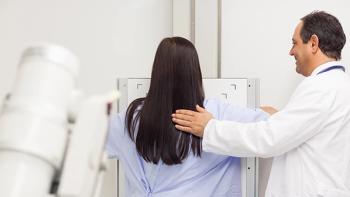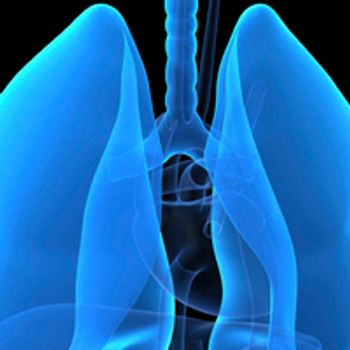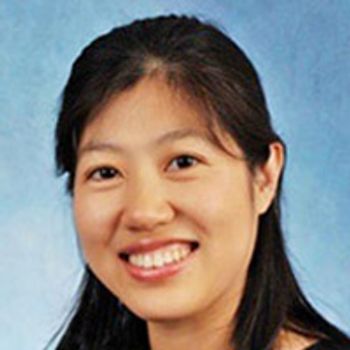
Ninety percent of patients with cancer enter their first oncology appointment with a nutritional issue, according to Susan Bratton. However, Savor Health, who works in conjunctions with Merck’s Your Cancer Game Plan, has set out to combat just that.

Ninety percent of patients with cancer enter their first oncology appointment with a nutritional issue, according to Susan Bratton. However, Savor Health, who works in conjunctions with Merck’s Your Cancer Game Plan, has set out to combat just that.

The FDA has expanded the approval of aprepitant (Cinvanti) injectable emulsion to include a 2-minute intravenous (IV) use for the prevention of acute and delayed chemotherapy-induced nausea and vomiting (CINV).

Take a look back at the top 5 Oncology Nursing News stories for January 2019.

Women between the ages of 30 and 39 who have at least 1 of 3 breast cancer risk factors may benefit from starting their annual mammography screening at age 30, according to results from a large-scale study that was presented at the 2018 Radiological Society of North America Annual Meeting.

New guidelines issued by the US Preventive Services Task Force (USPSTF) recommend for women aged 30 to 65 years at average risk for cervical cancer to choose to receive a Pap smear alone every 3 years, screening with the high-risk human papillomavirus test alone, or cotesting every 5 years.

Researchers from the National Cancer Institute (NCI) used data from its Health Information National Trends Survey to assess knowledge of, and beliefs about, cancer screening.

As part of a larger study, nurses found it is important for AYAs to remain physically active during and after cancer treatment.

Not only are strawberries beautiful to look at, they are also packed with nutrition.

Alene Nitzky PhD, RN, OCN, incorporates creativity, authenticity, resourcefulness, and empathy into her career as a wellness consultant to survivors.

The call bell light in room 12-204 was the first to go off at the crack of dawn, breaking the serene silence of the floor. “I need to shower so I can see the race!” the patient exclaimed.

Patients with stage III colon cancer who ate at least 2 servings of nuts per week had superior disease-free survival (DFS) and overall survival (OS), according to results from the CALGB 8903 study published in the Journal of Clinical Oncology.

Nurses can help coach and push patients and their physicians along to do the steps that are needed to get good screening, says John Marshall, MD.

It is important for nurses to help patients implement physical interventions that are feasible and acceptable for those with colorectal cancer diagnoses.

A community, nurse-led group encourages cancer survivors to get more out of life while moving

Many patients complain of feeling so tired. What can we do to help those suffering from fatigue?

Ovarian cancer screening for women who do not have symptoms of the disease may do more harm than good, according to the USPSTF.

Observing the Warburg effect, researchers found that properties of the ketogenic diet could have a positive effect on outcomes for patients with glioma.

Moving Forward Together 3 is a study evaluating how to get breast cancer survivors exercising, by using other breast cancer survivors as coaches.

Patients with lung cancer who received low-dose CT scans had a 15% to 20% lower risk of death from their disease versus those who had standard chest X-rays, which has led to screening guidelines.

The incidence of prostate cancer is 60% in black men in the US than in white men, and they are twice as likely to die from the disease.

The traditional Chinese exercise, tai chi, may assist breast cancer survivors experiencing insomnia.

More Stage I cancers were diagnosed after the passage of the Affordable Care Act (ACA), also known as Obamacare, within five screenable disease types: colorectal cancer, female breast cancer, cervical cancer, lung cancer, and prostate cancer).

Eating tree nuts may improve overall survival and reduce the risk of recurrence in patients with colon cancer.

A recent analysis showed that many women within the recommended age for routine screening are not up to date on Pap tests.

A recent study has found that, when it comes to physical activity recommendations, there is a disparity between what patients want and what their providers do.

For asymptomatic adults, the US Preventive Services Task Force (USPSTF) recommends against screening for thyroid cancer.

As presented at the 2017 ONS Annual Congress, nurses at UPMC-Shadyside evaluated the elimination of the neutropenic diet in patients with cancer.

A recent trial is evaluating a new drug to treat cachexia, testing its efficacy in dogs currently.

Amanda Bontempo, MS, RD, CSO, CDN, gives some tips for healthy eating. Join us on 4/18 at 1 PM for our tweetchat, with Bontempo as moderator, to discuss more nutrition.

There may be a shift away from the USPSTF's opposition to routine PSA screening for prostate cancer in some men.